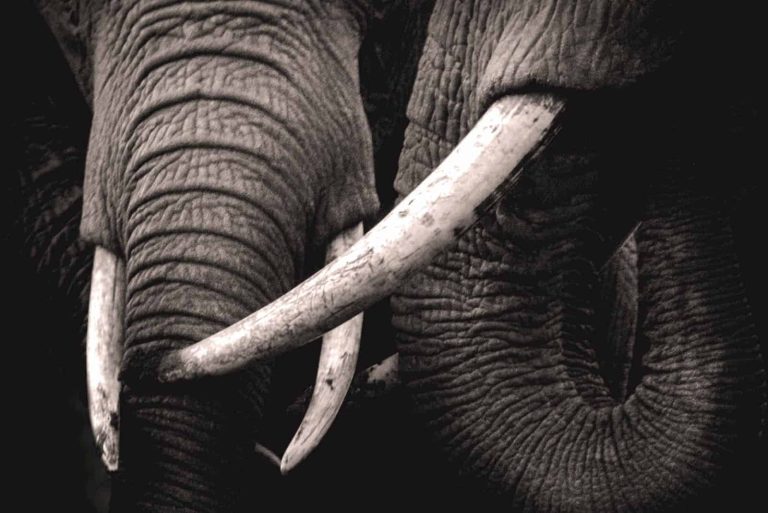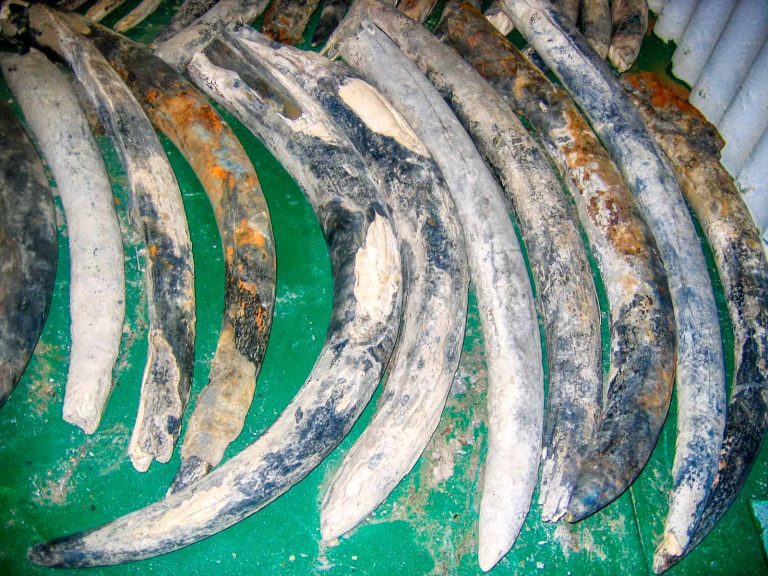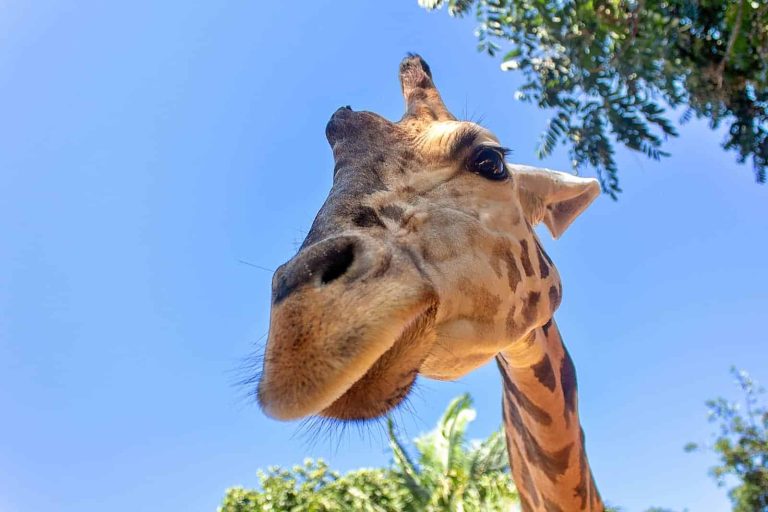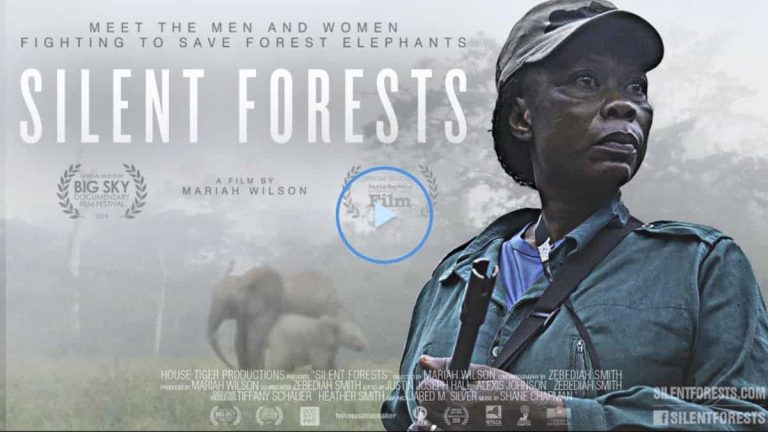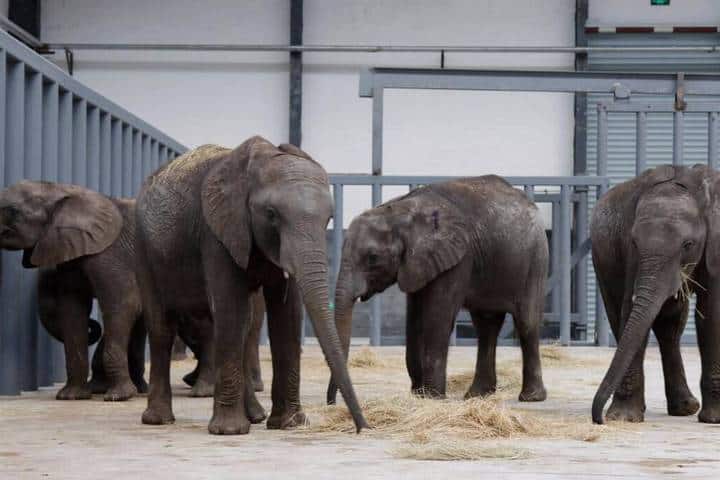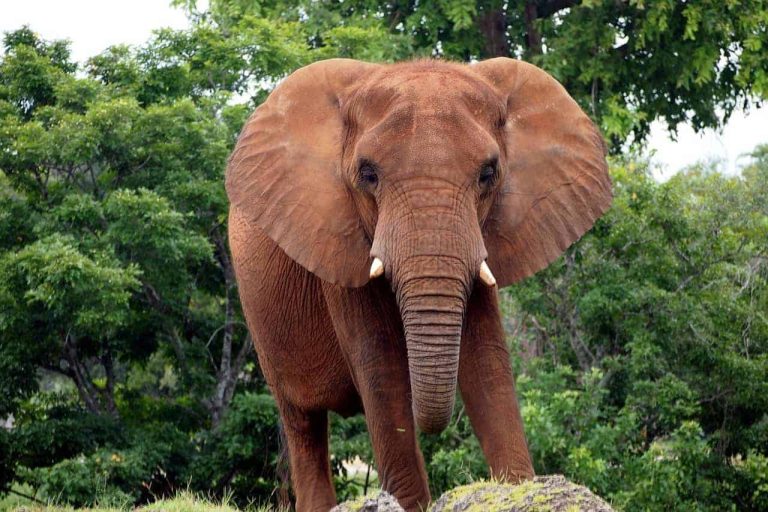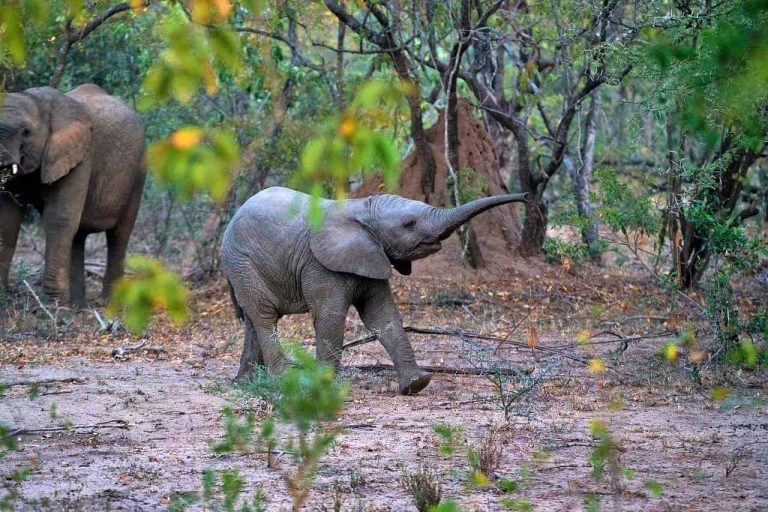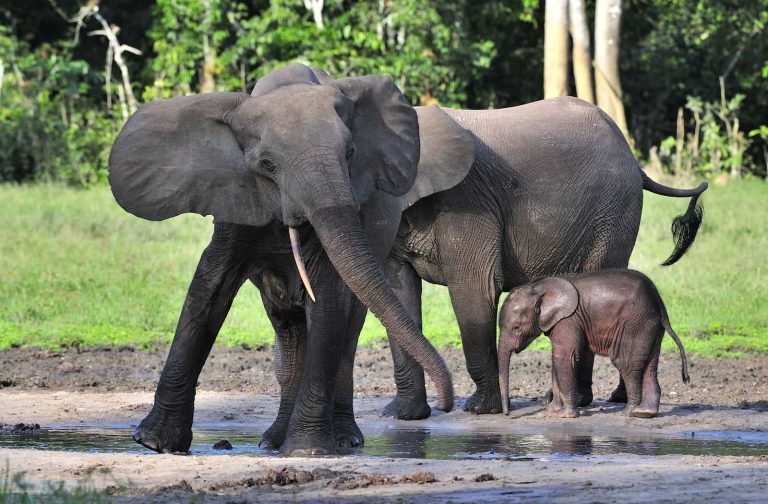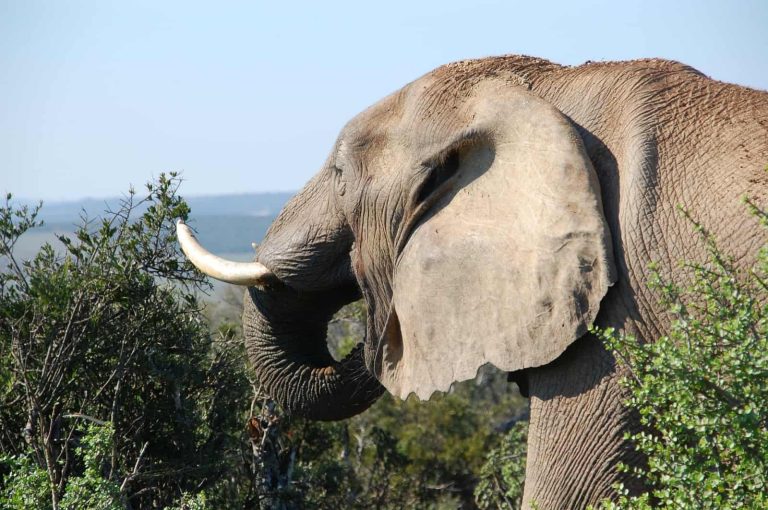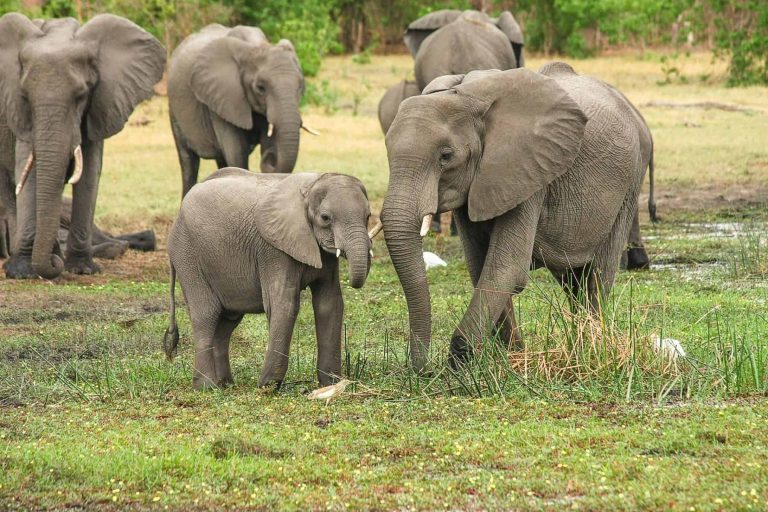Elephant ivory: DNA analysis offers clearest insight yet into illegal trafficking networks
Poaching rare wildlife for teeth, tusks, fur, horns and other body parts is a crime which threatens many species with extinction, but the evidence which could incriminate traffickers is often difficult to access, hard to interpret, or piecemeal. To discover more about the criminal networks sustaining this trade, researchers in the US, Kenya and Singapore…

